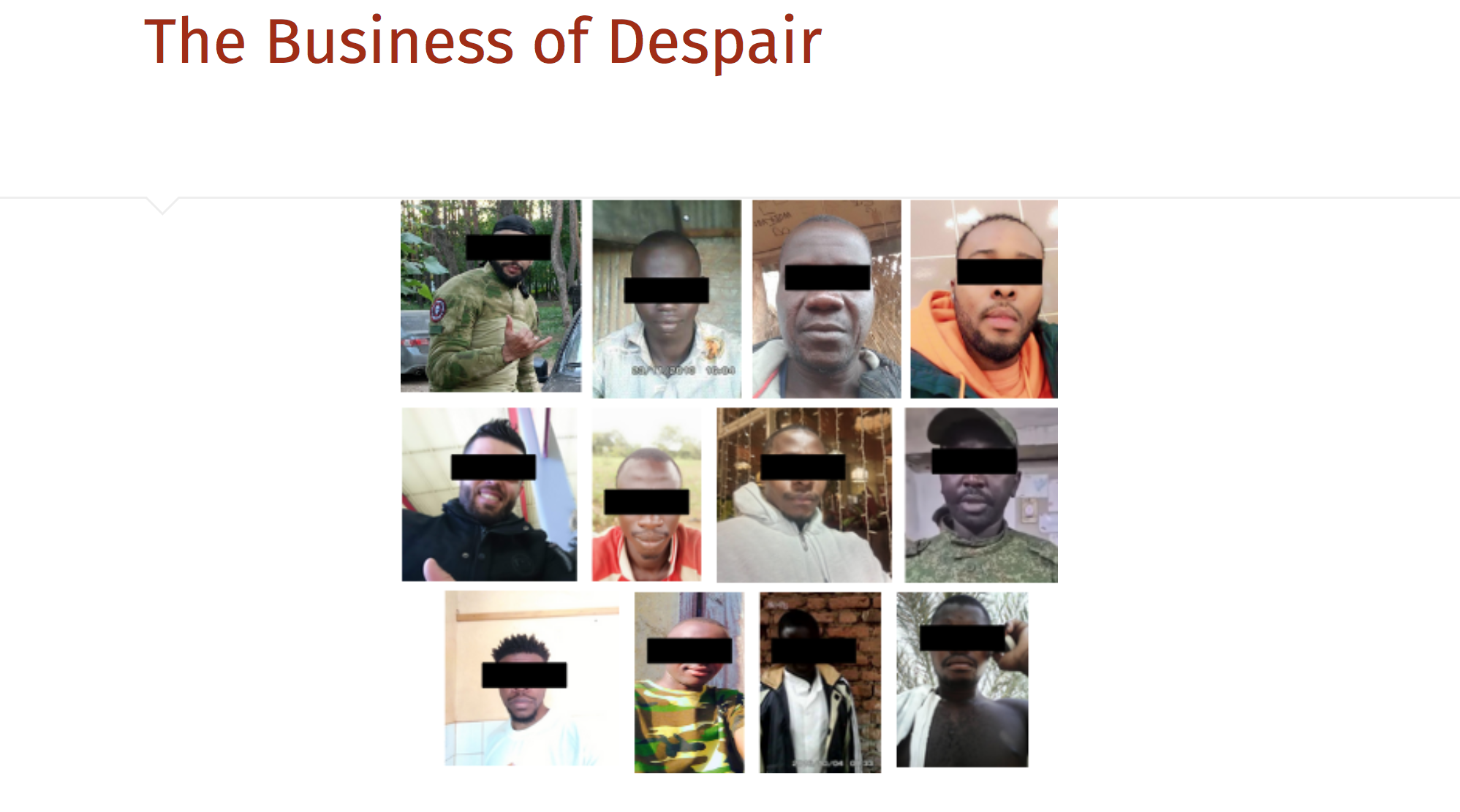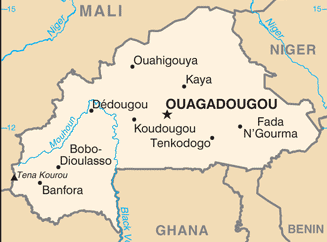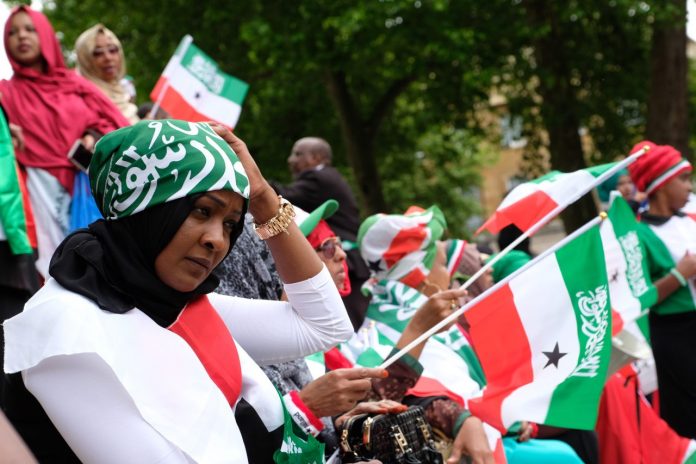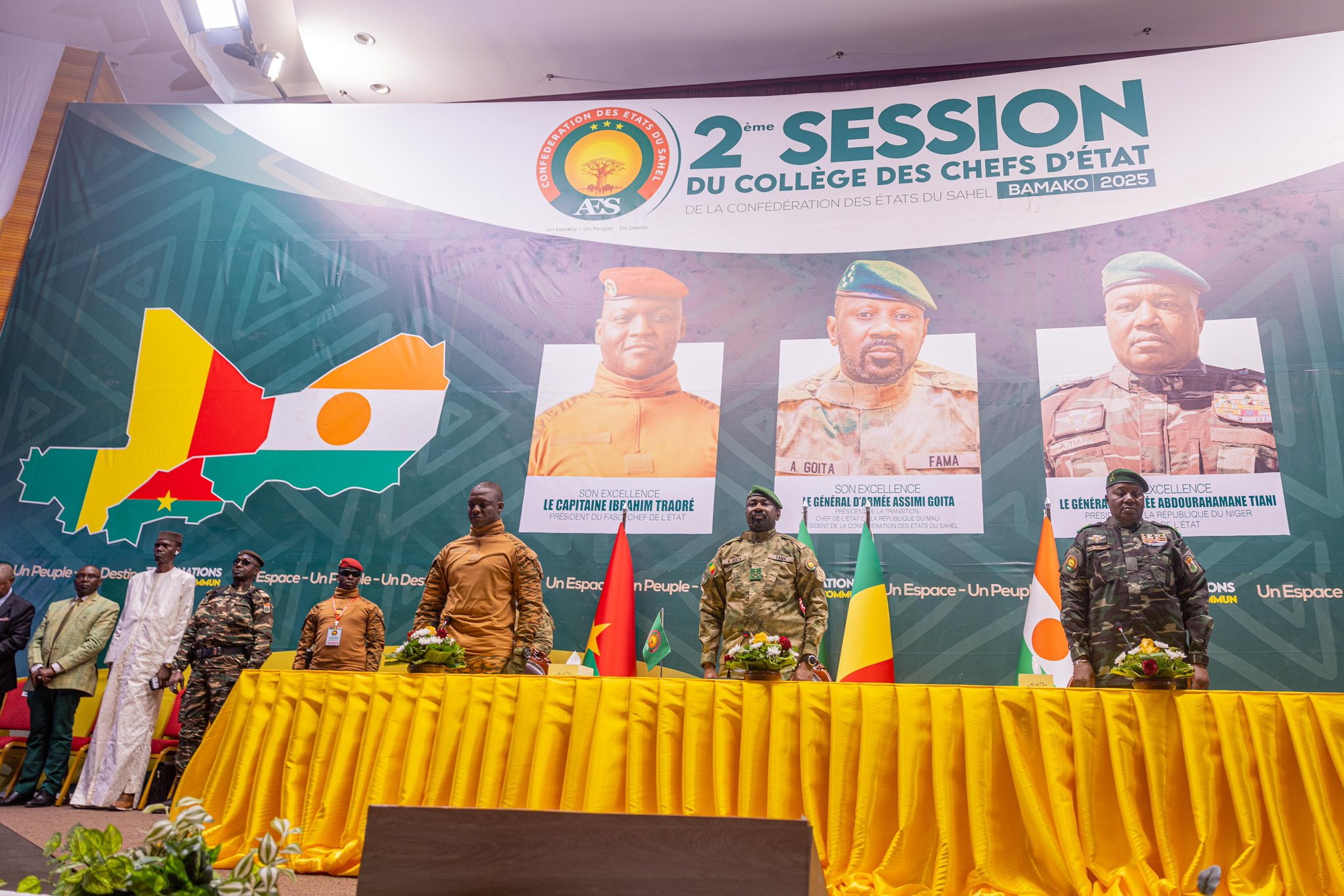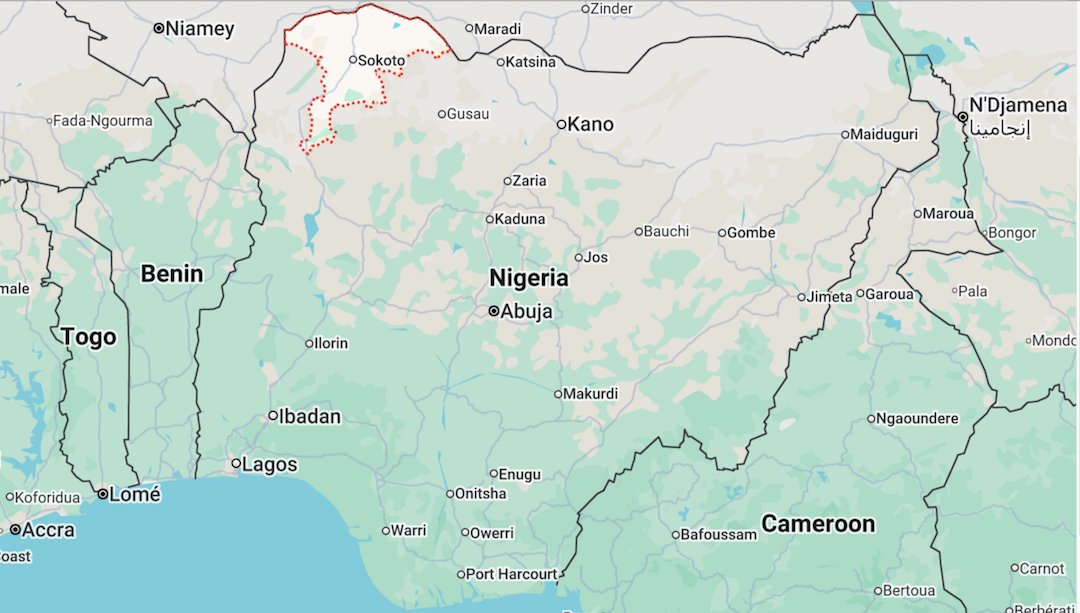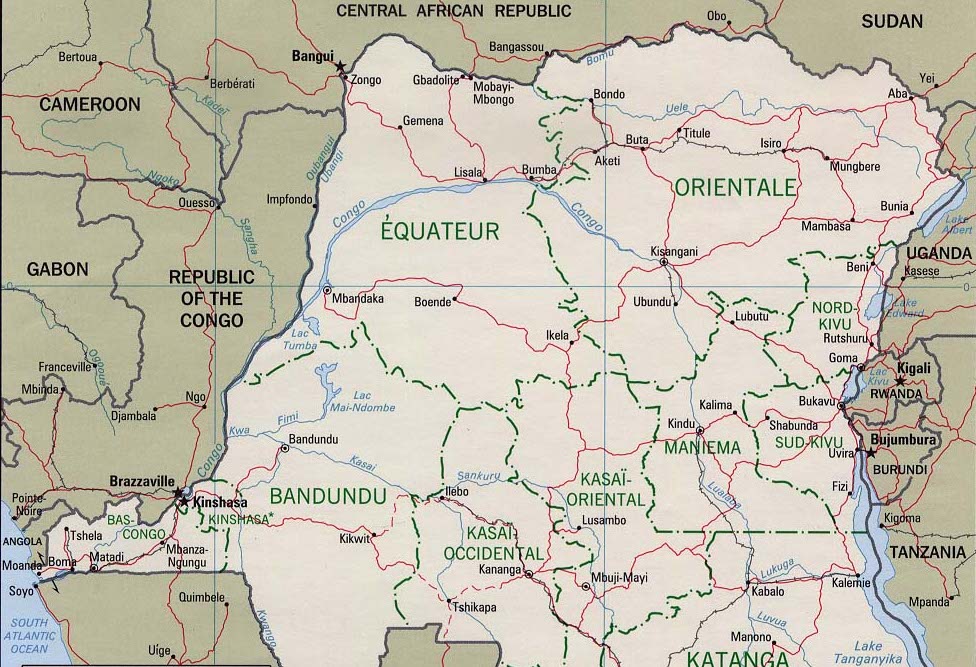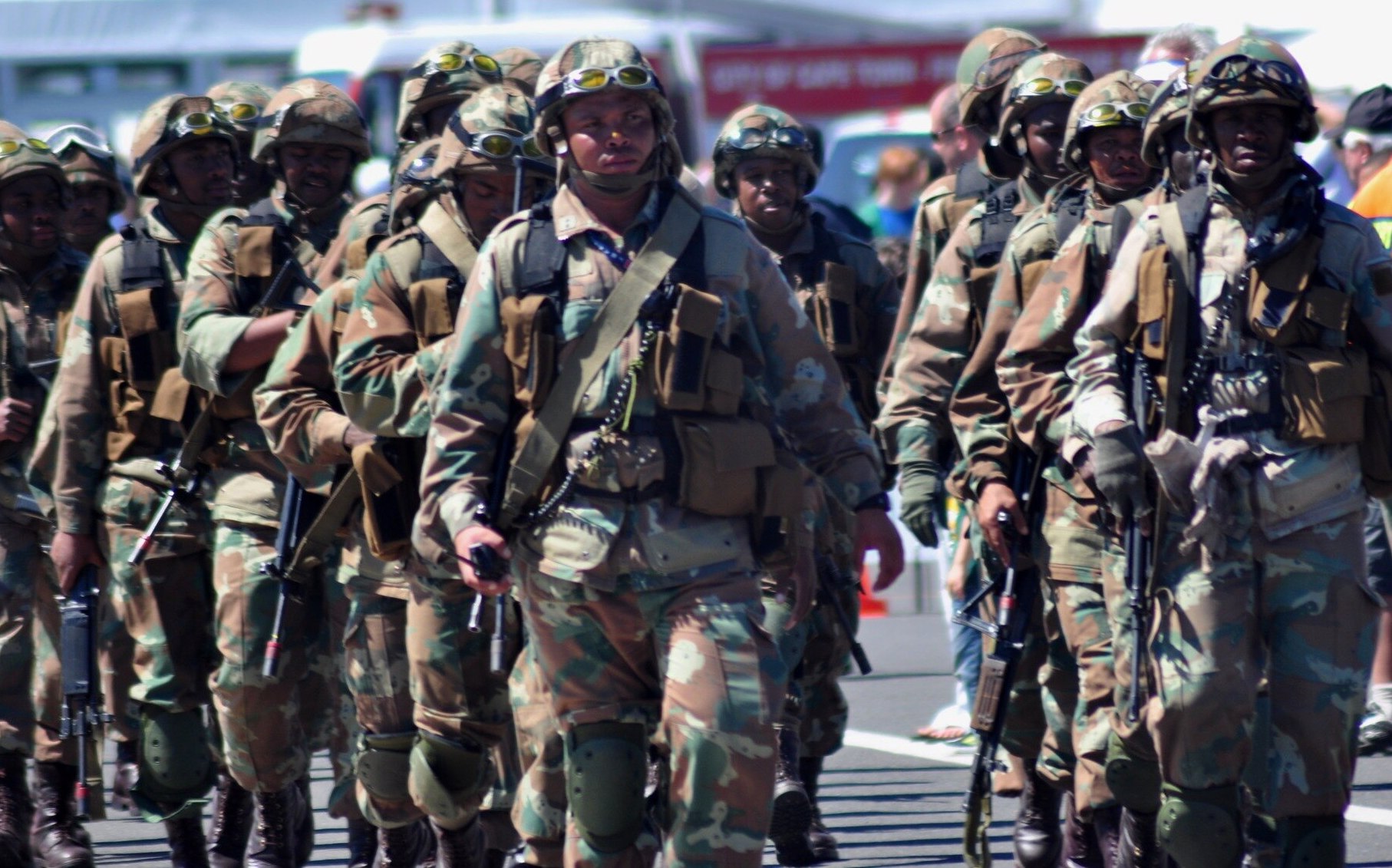
South Africa deploys military against gangs, illegal mining
During the annual State of the Nation address, South Africa’s President Cyril Ramaphosa announced the deployment of military troops to support police efforts against illegal mining and gang violence in the provinces of Gauteng and Western Cape. South Africa has for years struggled with gang violence and illegal mining, which are now said to threaten the country’s stability. The government has intensified efforts to combat the surge in violence by implementing targeted strategies and measures, such as creating specialized police units, but these have proved ineffectual. (Photo: Wesley Nitsckie via Wikipedia)



